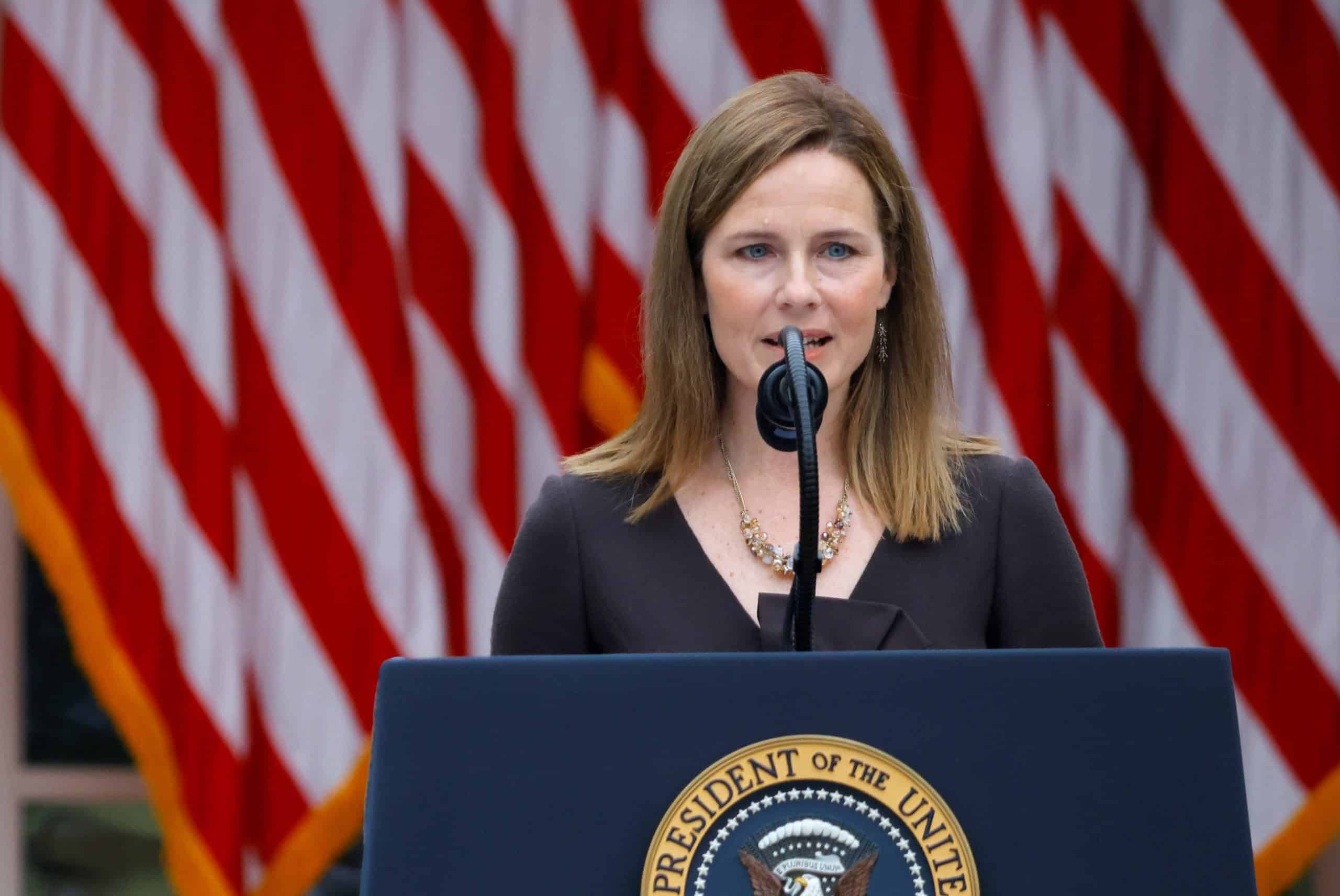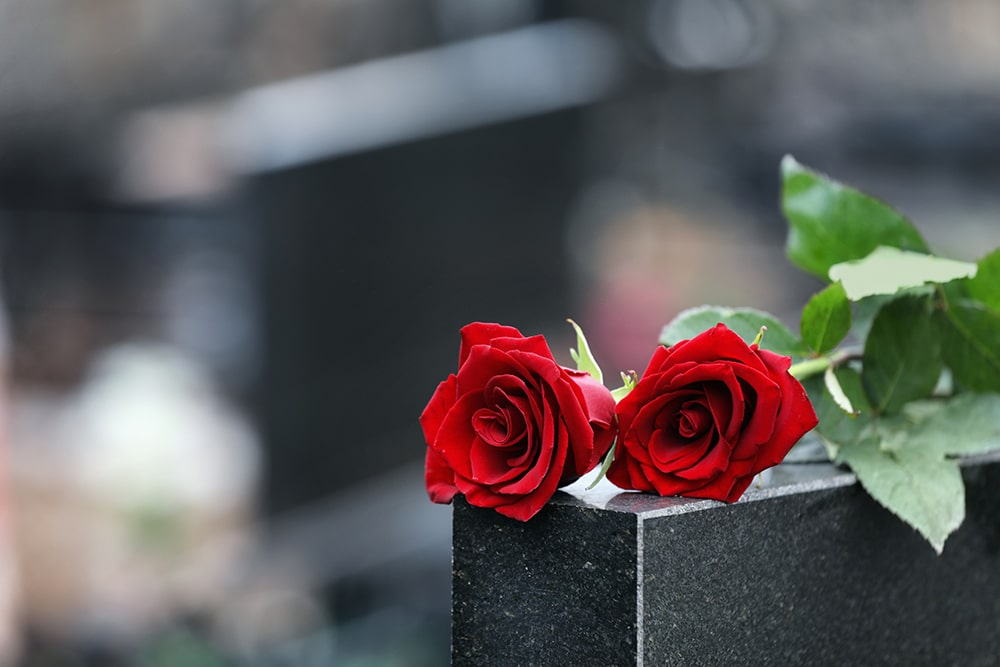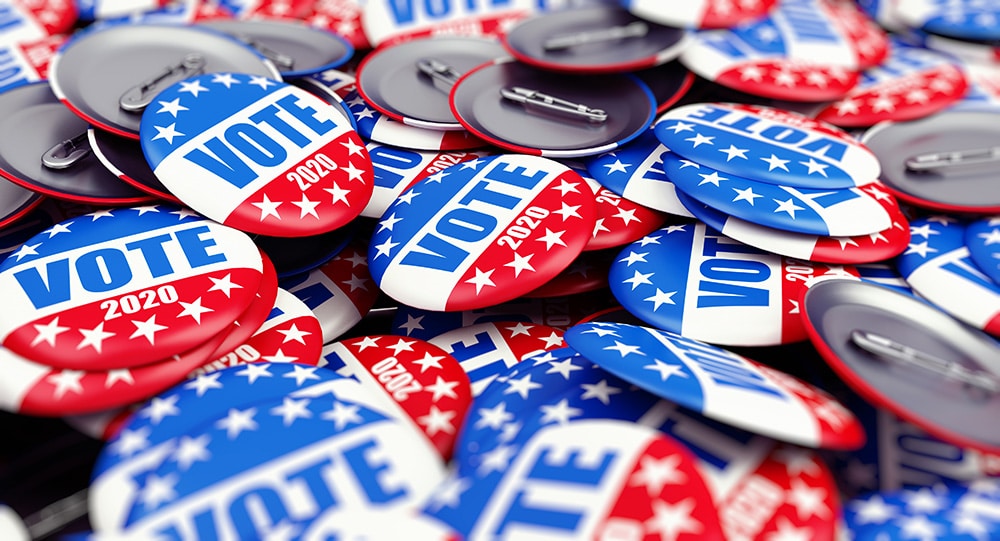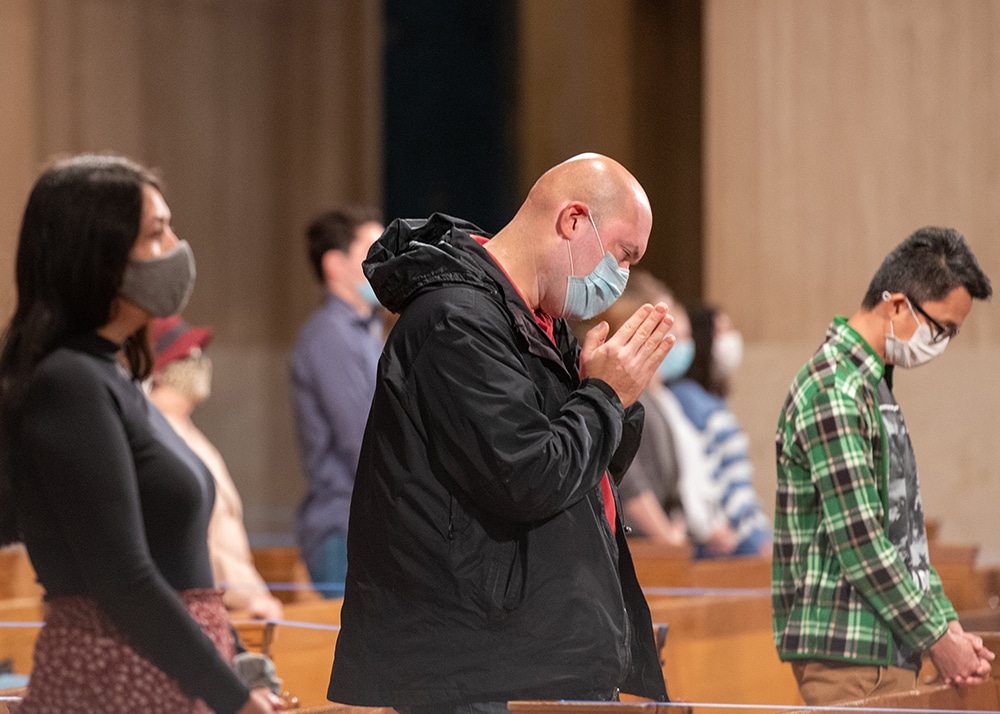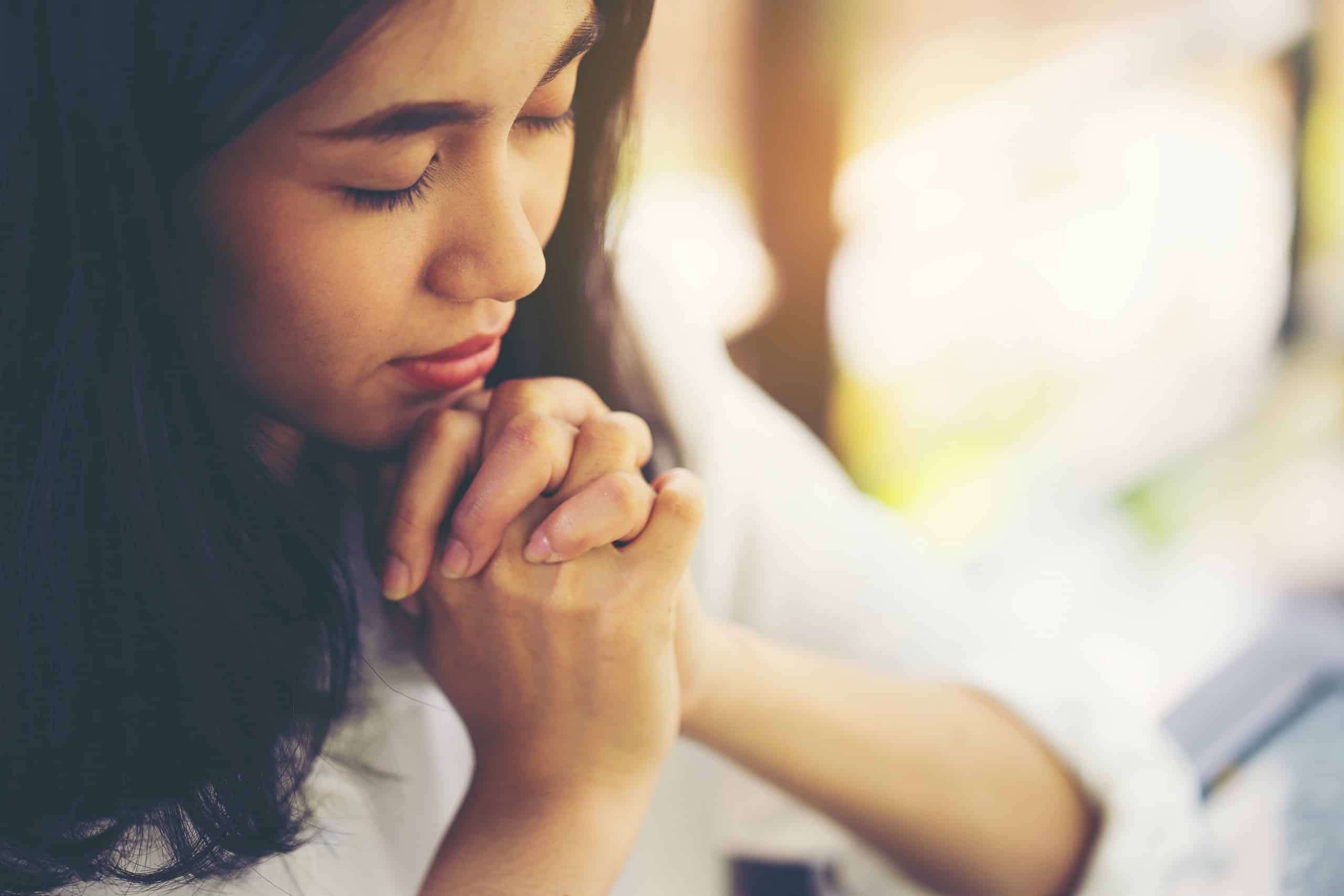President Donald Trump has nominated Judge Amy Coney Barrett, who currently serves on one of the federal courts of appeals, to join the Supreme Court of the United States, succeeding Justice Ruth Bader Ginsburg, a trailblazing lawyer and jurist who passed away on Sept. 18. Judge Barrett is an outstanding nominee and would, if confirmed, serve our country, on the court, with distinction.
Many things about our times, and about this moment, are unsettled and uncertain. We are divided, and we disagree over many things, including the upcoming election, the appropriate public-health measures regarding the COVID-19 pandemic, law-enforcement practices and the demands of racial justice, and both the history and the future of our country. And there is every reason to believe that the confirmation process for Barrett will be contentious and discordant.
Some things, though, are quite clear. The president was constitutionally authorized to make a nomination, and the Senate is similarly empowered, if its members choose, to confirm her to the court. There are debates, of course, about the implications for this nomination of the fact that Republicans in the Senate did not act on President Barack Obama’s 2016 nomination of Judge Merrick Garland and about the propriety of naming a new justice so close to the election, but these are political matters, not legal ones. The Senate may, and it is likely that they will, confirm Barrett to the court.
I have had the privilege and pleasure of knowing Judge Barrett for almost a quarter-century. We were law firm colleagues as well as fellow professors at Notre Dame Law School, her alma mater. We are neighbors and close friends. I know well her highly regarded academic work, her award-winning teaching career, her generosity and hospitality, and her inspiring character. Our children have grown up together; we’ve spent many holidays and dinners together; we are members of the same parish community; and — together — we have worked hard to train and form “a different kind of lawyer” at Notre Dame. Not only as a friend and colleague, but also as a scholar, attorney and citizen, I am delighted by her nomination and entirely confident that she will serve well our Constitution and the rule of law.
When Barrett was nominated to the court of appeals in 2017, her hearings before the Senate Judiciary Committee were marked, and marred, by clumsy and inappropriate suggestions from several senators that her Catholic faith and religious practices were cause for worry. “The dogma lives loudly within you,” said Sen. Dianne Feinstein, “and that’s of concern.” In a similar vein, other senators also insinuated that Barrett’s Catholic commitments were evidence of invidious prejudices and that she would impose her own beliefs and not follow the law when deciding controversial cases. And in some quarters, there were strange and silly claims that her participation in an ecumenical Christian community, the People of Praise, was somehow connected to a dystopian novel and television series about “handmaids.”
These and other insulting charges were widely criticized at the time, and we should hope that they will not be repeated. Particularly given the long history of anti-Catholic bigotry and discrimination in the United States, senators and citizens alike should be careful to avoid trafficking in old-fashioned canards about Catholics’ ability to be conscientious and dedicated public servants.
Every judge or judicial nominee, like every person, has views, positions, commitments, ideals, histories and experiences. Unlike legislators and citizens, however, judges are expected humbly to subordinate themselves and their preferences to the demands of rules and laws made by others. A good judge does his or her best — and Barrett has sworn under oath — to interpret and apply the law, and to decide legal questions, with an eye toward faithfully implementing others’ aims and policy choices, not their own. This does not mean, of course, that judges are robots, but it does mean that their role — indeed, their vocation — is to strive for impersonality in decision-making.
It is entirely appropriate for senators and others to ask — indeed, to demand — of judicial nominees and candidates that they demonstrate an understanding of judges’ role and responsibilities and an appreciation for the importance of deciding legal questions on legal bases. It is both offensive and undemocratic, though, to direct particular skepticism or special suspicion at Catholics, as if we cannot be trusted with the public’s trust or to respect our civic obligations.
Judge Amy Barrett is, as she has said, a faithful, practicing Catholic. It is clear to me that her faith, her devotion to her family and to others, and her consistent determination to put others’ needs above her own will not complicate or undermine her judicial performance. Quite the contrary: They will inspire and strengthen her to fulfill her judicial obligations, to engage legal questions carefully and rigorously, and to render decisions without fear or favor. In her law practice, her teaching, her scholarship and her judicial service, Barrett has demonstrated conclusively her excellence and her integrity. She will, if confirmed, be a credit to the Supreme Court and a gift to the country. All of us at Our Lady’s University, and in South Bend, will miss her.
Richard W. Garnett is the Paul J. Schierl/Fort Howard Corporation Professor of Law at the University of Notre Dame.

